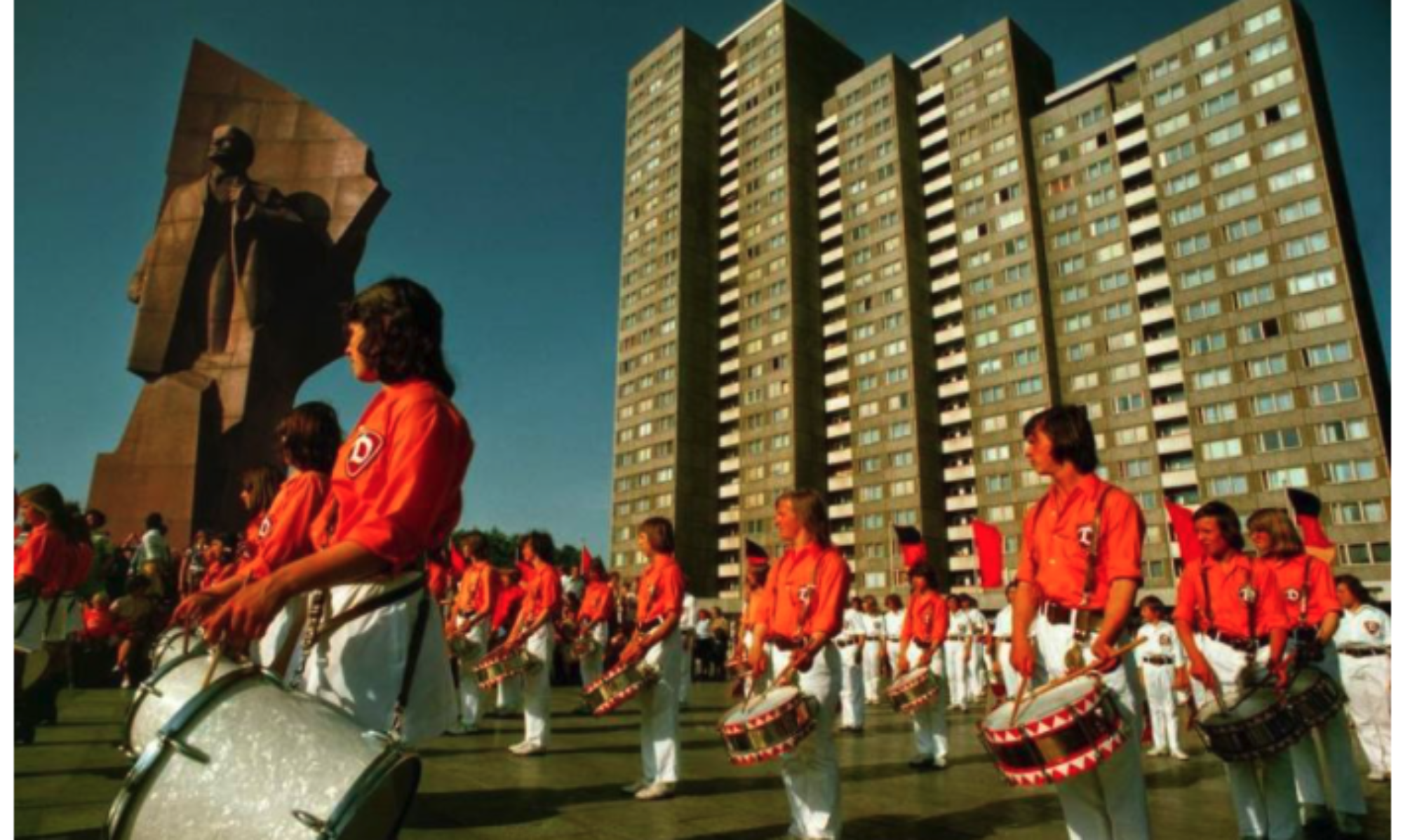We see in Havel’s piece, “Power of the Powerless”, that he has some extreme opinions on the blatant propaganda of the Soviet Union. His example lies in that of a greengrocer, who puts a sign up in his shop window that says “Workers of the world unite!”. Havel argues that this sign is not there to rally his fellow citizens, or to show his support to the Soviet Union, but rather out of fear. The grocer, in this example, is afraid of what would happen if he didn’t put on such a public display of loyalty to the Union. Havel argues that this is the reason why many people at the time had such blatant pieces of propaganda all around them.
It is interesting to see this happening in the Soviet Union – though not surprising. However, I am curious to see if anyone thinks there was a similar fear in the United States? We do not have exact evidence in these papers, but from what we have learned in this class, we may be able to answer that question.

I think there was definite and tangible fear in the US during the Cold War (especially during the McCarthy Era) to hold a position that was deemed “acceptable.” I think one of the clearest examples of this was Dennis v. the United States (1951) which prohibited the distribution of leaflets that were deemed to overthrow the government (though this may be disputed). Of course (as seen in the dissent and in its overturning vis-a-vis Brandenburg v. Ohio) this was an extreme restriction of the free speech of a “dissenter.” I think if you were the DSA or part of the Communist Party of The United States or even students who wanted to protest the Vietnam War a la Kent State, there became a definite fear that you would be marginalized or even shut down for not conforming to the “acceptable” range of political opinion. This more so at the height of the Cold War. I mean the mere existence of The House Committee on Un-American Activities seems to be an exact indication of this type of fear that proliferated through the U.S.. There are probably other examples but these are just the ones that are coming to mind.
I think in the U.S there was plenty of fear for being called out a communist or anything related to left wing politics. Especially during the cold war, where plays such as The Crucible by Arthur miller compared the witch hunt in Salem, MA to Mccarthyism in the U.S. I think during that time many people feared being called a communist where sometimes they would hide it with “patriotism” or not caring at all. There were many similarities with ideology or rights being suppressed from both areas in eastern Europe and the U.S